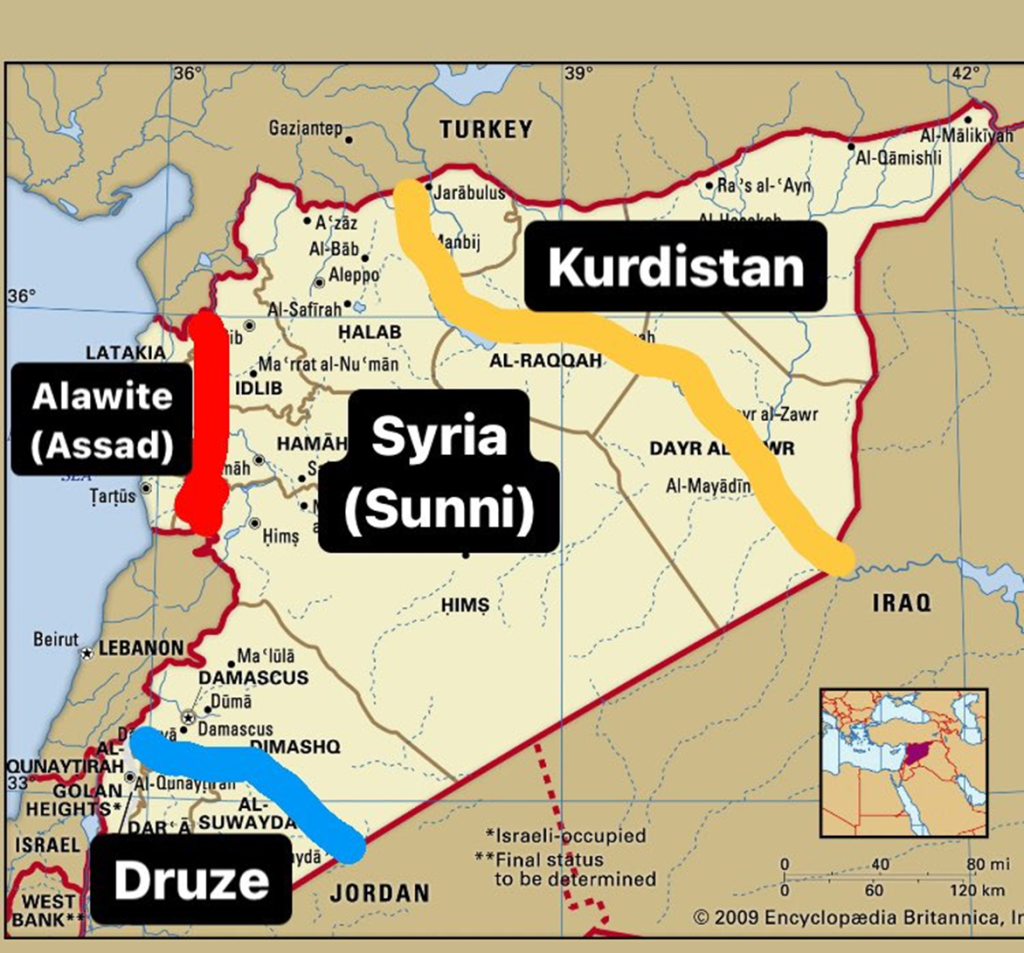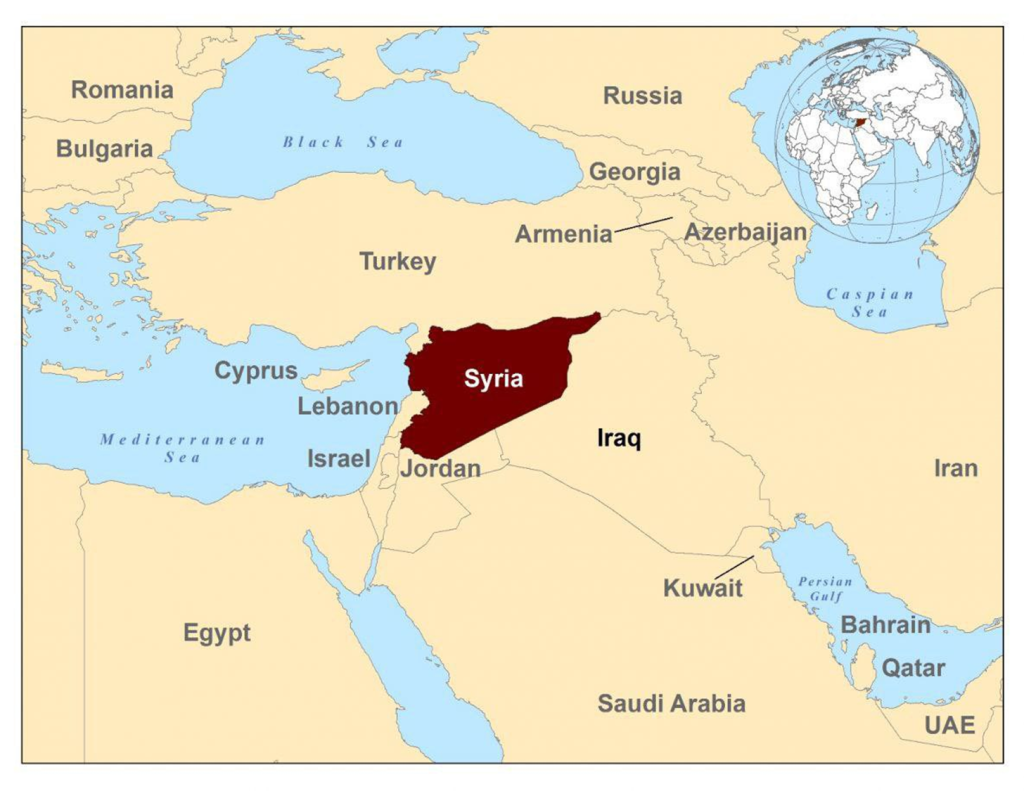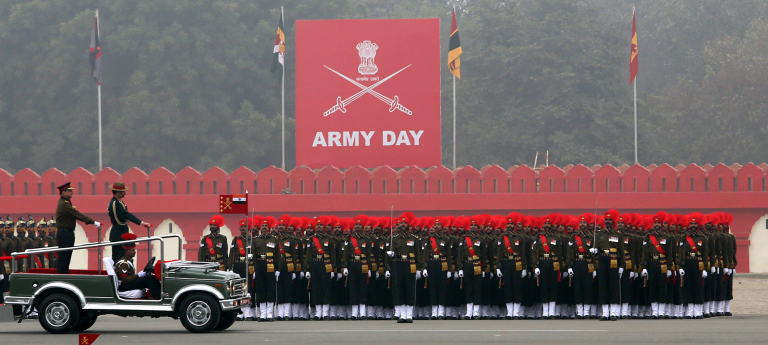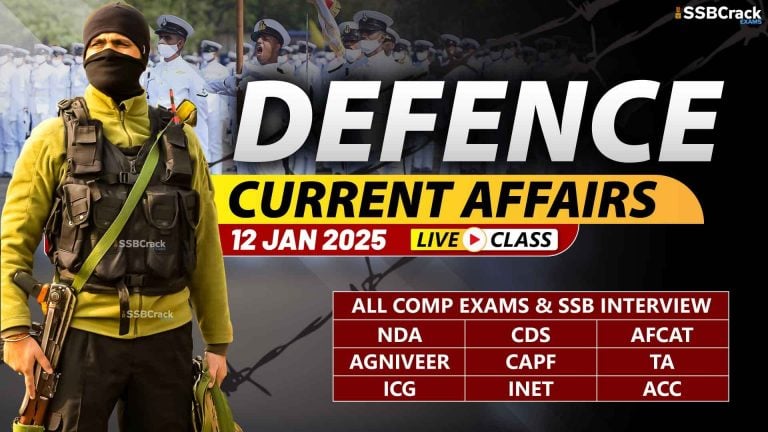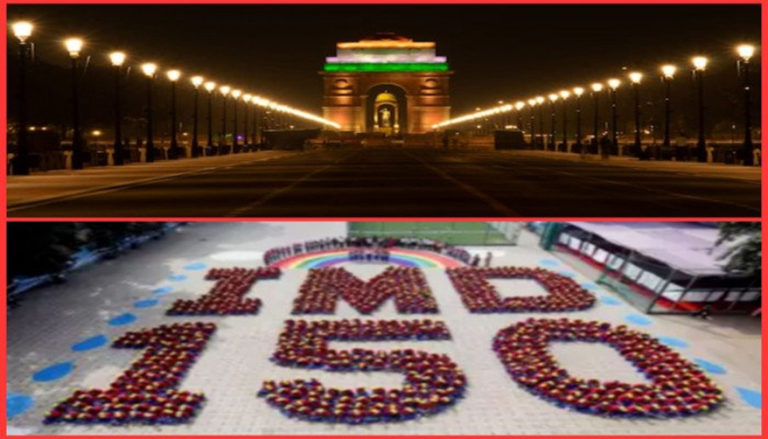The Syrian opposition forces now control the capital city of Damascus, while President Bashar al-Assad has reportedly fled the country.
Regime Change in Syria : Russia Grants Asylum to Assad
The Syrian opposition forces now control the capital city of Damascus, while President Bashar al-Assad has reportedly fled the country. According to Russian media, the ousted leader has been granted asylum in Moscow. Syrian rebels claimed on Sunday that President Bashar al-Assad had fled the country, urging Syrians abroad to return to a “free Syria” and announcing that Damascus was liberated from the “tyrant.”
“The tyrant Bashar al-Assad has fled” and “we declare the city of Damascus free”, the rebel factions said on Telegram, adding that “after 50 years of oppression under Baath rule, and 13 years of crimes and tyranny and (forced) displacement… we announce the end of this dark period and the start of a new era for Syria”. The statement comes just minutes after the Syrian army command reportedly informed officers that Assad’s rule had come to an end following a swift rebel offensive, according to Reuters.\
The Hayat Tahrir al-Sham (HTS) group began its lightning offensive two weeks ago, capturing the key cities of Aleppo, Homs, Hama before proceeding to Damascus unopposed and seizing control of the Syrian capital on Sunday. US President-elect Donald Trump has said the U.S. should not be involved in the conflict and should “let it play out“.
Who is involved in the Syrian conflict?
There are many players in the Syrian conflict.
The conflict began as a Syrian uprising against the Government of Syria and its leader, President Bashar al-Assad.
Since then, many groups have joined the fighting, with many fighting each other.
These groups include the Free Syrian Army (FSA), Kurdish Rebel Fighters, so-called Islamic State, Jabhat Fath al-Sham, Hezbollah, the Syrian Democratic Forces (SDF) and Hayat Tahrir al-Sham (HTS).
International involvement has shaped the course of the conflict, too.
Russia and Iran have backed the Syrian government. At the same time, the opposition has been supported by Turkey, several Western powers and some Gulf Arab states.
Ultimately, there is no clear frontline in this war. It’s a fractured conflict with multiple parties.
Civilians are caught in the middle of shifting power dynamics and territories, not knowing where will be safe for them and their families.
Netanyahu Says “Central Link In Iran’s Axis Of Evil” Has Fallen In Syria
Israeli Prime Minister Benjamin Netanyahu said the overthrow of Bashar al-Assad in Syria was a “historic day in the… Middle East” and the fall of a “central link in Iran’s axis of evil”.
Netanyahu said the events are “a direct result of the blows we have inflicted on Iran and Hezbollah, Assad’s main supporters. It has triggered a chain reaction across the Middle East, empowering those seeking to break free from this oppressive regime.”
He spoke on a visit to the Israeli-occupied Golan Heights.
In recent months, Israel has killed commanders in Iran’s Islamic Revolutionary Guard Corps as well as the senior leaders of Palestinian Hamas and Lebanese Hezbollah, both of which are backed by Tehran.
The Israeli premier said Assad’s overthrow “presents significant new opportunities” for Israel “but is not without risks”.
He said his country was “pursuing a good neighbour policy” and that: “We extend a hand of peace to our Druze neighbours, who are brothers to our Druze citizens in Israel. We also extend this hand of peace to Kurds, Christians, and Muslims who wish to live peacefully with Israel.”


